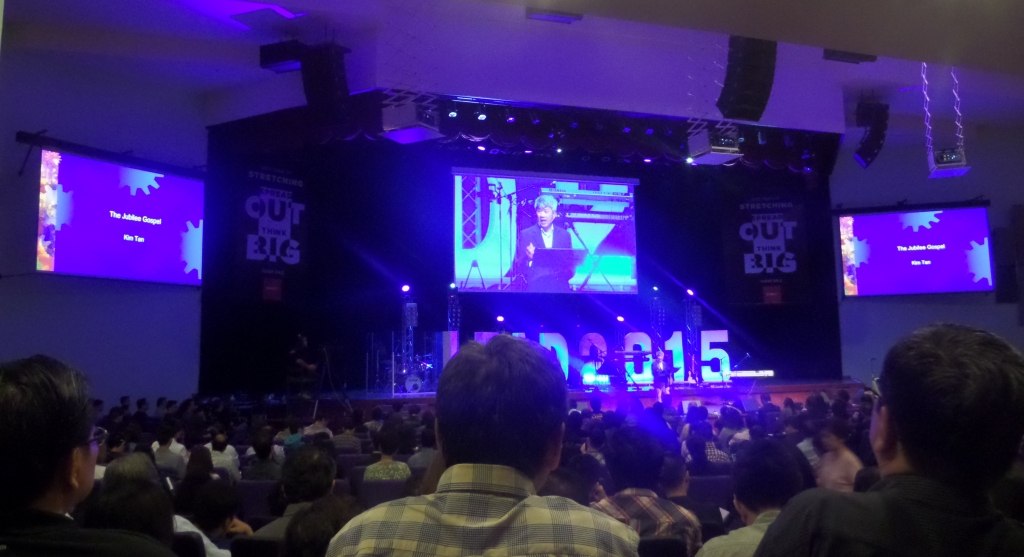
The Christian discipleship journey is a movement towards holiness. What is holiness in the Christian context? It is not so much a legalistic code of right and wrong, but rather, a total dedication to God, abiding in Him and obedient in faith to His every leading.
The first 2 days of LEAD 2015 taught conference attendees from being followers of God on to loving Him and others. However, there is still more that God has planned for us. Dato Kim Tan shared on the 3rd day about the Jubilee Gospel and God’s design for social holiness.
Social Holiness as a People
He shared that God has given the Church Spiritual gifts. In these days that we are living in, there is even more need for such gifts. But why did God give us these gifts? It was not just to serve ourselves. He gave them to us so that we could be equipped into becoming a holy people.
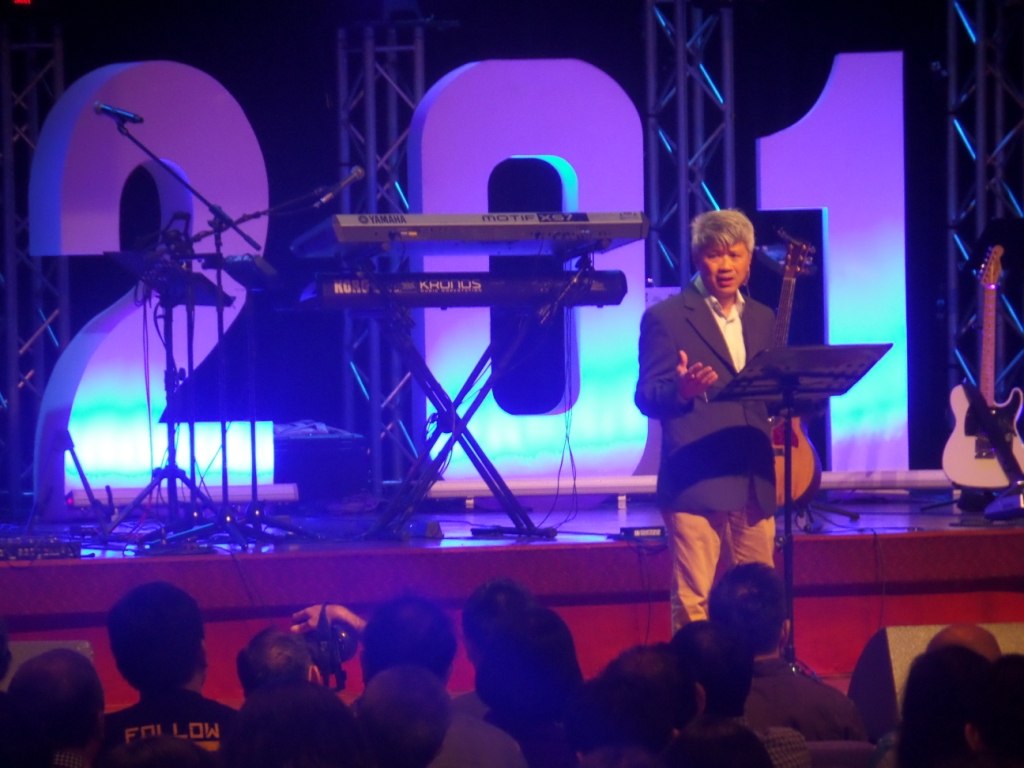
In Exodus 19:6, God told His people that they will be for Him a kingdom of priests and a holy nation. In 1 Peter 2:9, we are reminded that we are a chosen people, a royal priesthood, a holy nation, and God’s special possession so that we may declare the praises of Him who called us out from darkness into His wonderful light. Two passages, one from the Old Testament, the other from the New Testament, both echoes of each other.
In Exodus, the Law was written onto tablets. They were meant to form the Israelites into a distinct kingdom. Through the New Covenant, Christ empowers us by inscribing God’s commandments into our hearts. In Exodus, God’s plan was to form a holy and separate nation. Through Christ, Jews and Gentiles were brought together as a holy multitude, joined together by a common identity. The background may have changed but certain implicit principles remain identical.

How shall we live now that we’re under Christ? We must live as a people of social holiness. It is through social holiness that God can be expressed as a mighty wind. Dato Kim Tan imparted that we need to look at Pentecost from the Exodus.
The Jubilee Economy
How shall there be a social holiness that will startle the world? There must be a paradigm shift among God’s people, different in every way from the world. And because the foundation of a society is always from the root up, from the way it sustains itself, and is in turn influenced from the way we handle stewardship of resources, we need to look at economics in a holy way.

Economics is not just a detached mechanistic study of production, distribution and consumption. It is deeply tied to a society. It shapes the culture of the society, determines the values of a person within it, and gives direction to it. As a people of God, we need to steward our economy through a Godly standpoint.
Dato Kim Tan communicated that God gave very specific instructions to the people of the Exodus on how to manage their economy. God’s holy economy had a 3-year, 7-year, and 50-year period. At the end of every 3rd year, the people were to bring out all the tithe of their produce in that year and deposit it in the town for the Levite(priests), the foreigner, the fatherless, and the widow (Deuteronomy 14:27-29).

At the end of every 7-years (Deuteronomy 15; Leviticus 25), they had to declare a one-year’s holiday (Exodus 23). In this Sabbath year, the land and animals were to be given rest, and the crops on the land that had grown by themselves were to be left unstored and unpruned so that the poor could eat. Furthermore, all debts were to be canceled and every Hebrew slave set free loaded with food.
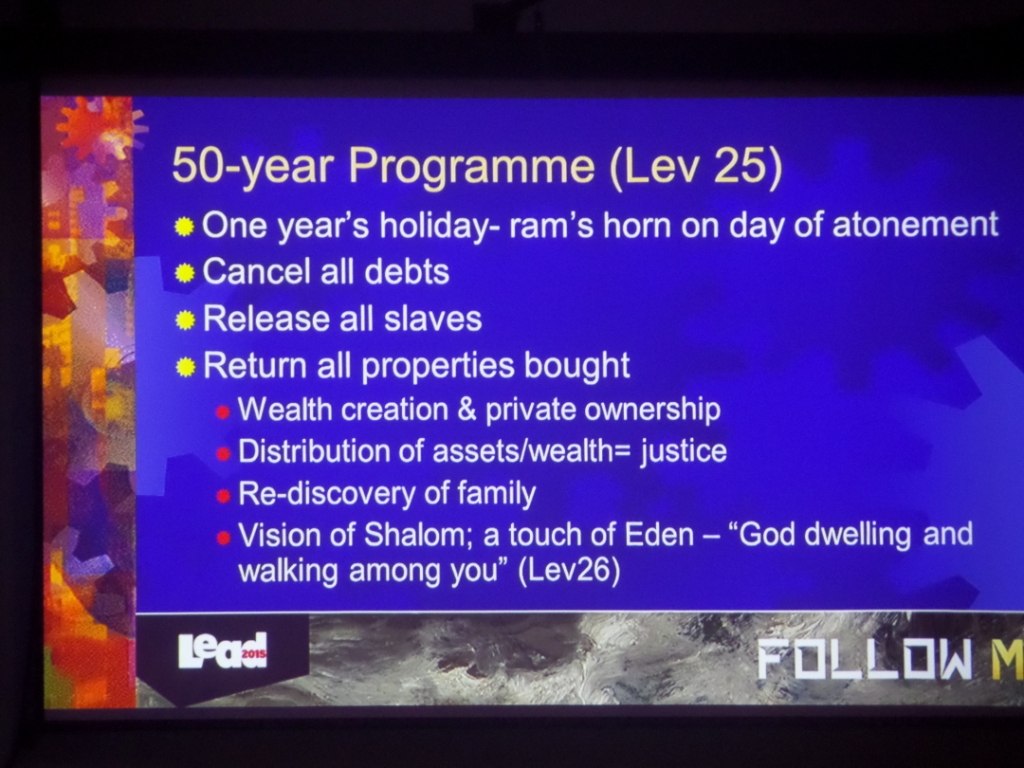
At the end of every 50 years (Leviticus 25) the people were to declare a holy year (Year of Jubilee). A ram’s horn was to be blown on the Day of Atonement. Debts were to be canceled and slaves released. In the Year of the Jubilee, all properties bought were to be returned back to their original owners, and every worker in another man’s land went home to the lands of their own ancestors and clans. Dato Kim Tan put this into context through a chart:
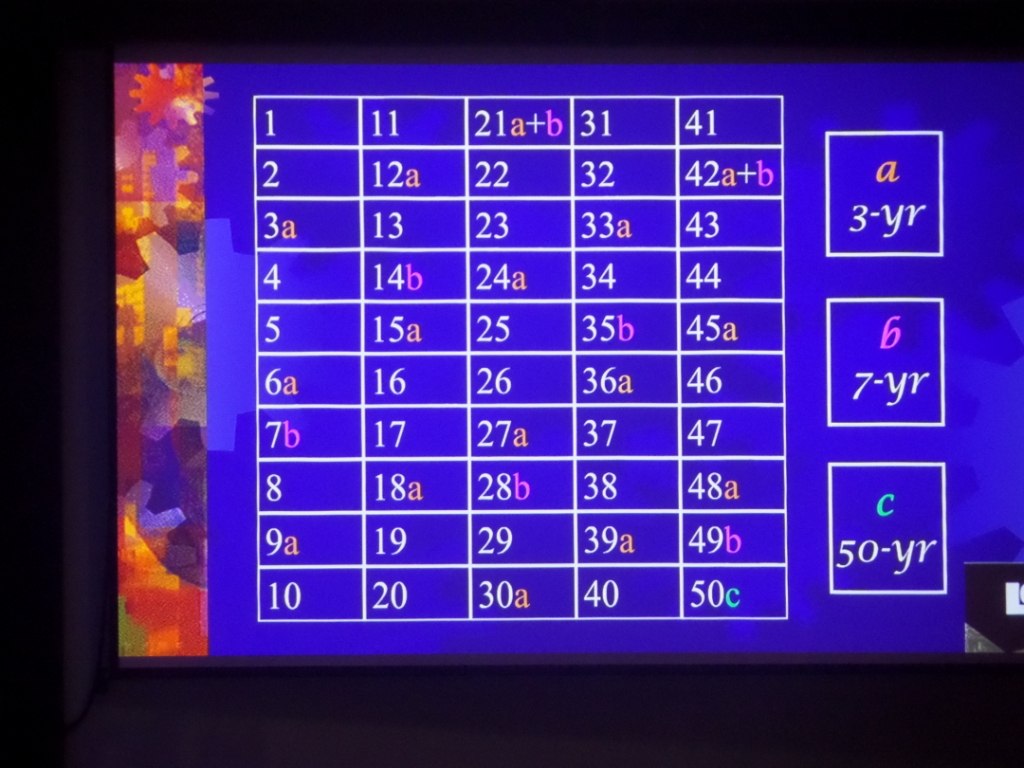
‘What did this economy mean for the Israelites? We don’t often realize this reading through the passages but it was very difficult in an earthly and material sense. However, God had also promised to bless and provide for them if they would obey Him. It meant that they had to live in faith of God’s promises,’ he said.
The Purpose for the Jubilee Economy
Why did God give such specific instructions to the Israelites and in such a way? First of all, it brought home the fact that true ownership of their resources actually belonged to God. It required them to live in faith, obedience, and trust.

Secondly, God had concern over the welfare of the poor and defenseless. The Jubilee Economy brought the people together in a cohesive whole, governed by forgiveness, grace, and mercy. It promised the people liberty and no poor among them (Deuteronomy 15:4). It delivered justice and fairness in the way the assets and wealth were to be distributed, and no man or woman were more privileged or had unjust power over another. It taught the people the importance of families and kept the whole society united.
In today’s self-seeking society, much of these have been lost. The greed of many corporations has left the economies in countries all over the world in a mess. ‘In Deuteronomy 15, God said if the people were to obey His instructions, that they would be no poor among them. It was a call of social justice and holiness and you cannot love God if you don’t love your brothers,’ Dato Kim Tan said. ‘Many families today don’t even know how to eat together. They feed themselves but there is no communication between them. Eating used to be a communal thing but much of this has been lost.’
The Jubilee Economy in the Context of the New Covenant
The Old Testament Israelites did not always keep the Jubilee Economy well. They wandered off from it many times, and each time disasters would fall among them (see for example the Book of Amos). When Jesus came, He showed us a perfect example of the Jubilee Gospel in practice.
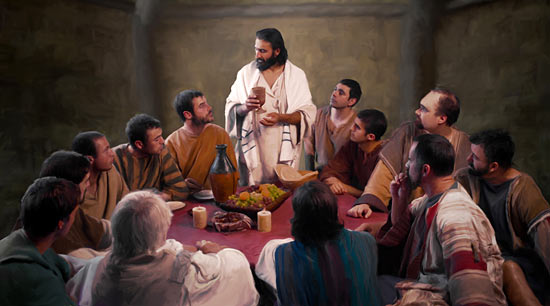
In the Lord’s Prayer, He taught us to pray for God’s will to be done on earth as it is in Heaven. He also taught us to depend on God and pray for our daily bread. And He taught us to forgive others as we pray for our own forgiveness and deliverance from the temptations of the world, including that of greed. He showed us the Jubilee Gospel through the way He lived with the 12 disciples. He shared a common purse with them, for instance, and there were no poor among them.
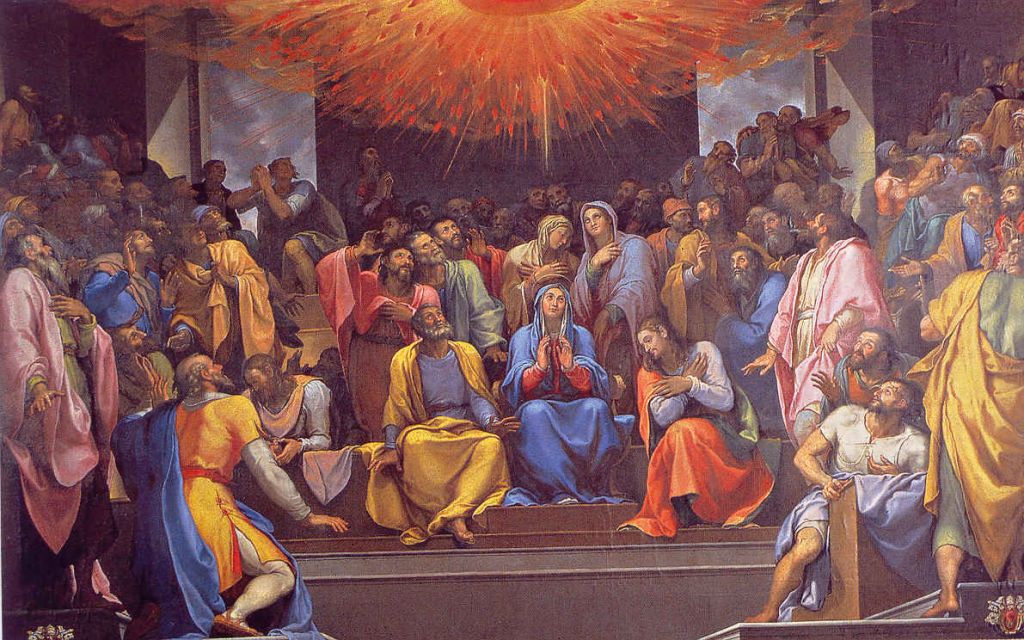
In Acts 2, the community of early Christians was baptized under the same Spirit into fellowship and family. Dato Kim shared that the Holy Spirit is a catalyst and the fulfillment of Deuteronomy 15 and Leviticus 25. The Jubilee was practiced after the Pentecost on a large scale and the Church grew rapidly. The early Christians shared everything in common fellowship and there were daily distribution of food among the poor (Acts 4:32-37). There was a visible community, united in heart and mind. Such a scale was only possible after the Pentecost.
Deuteronomy 15 and Leviticus 25 speak of more than just a material system of economy. It speaks of a people who know how to step in boldness and generosity towards social holiness. It speaks of a people who know how to release themselves from a self-centered system of materialism, and care for their brethren in obedience to God. It forms our attitude towards provision and faith in God. The infilling of the Spirit leads to a Spirit-filled Church and a visible community of God among His people.
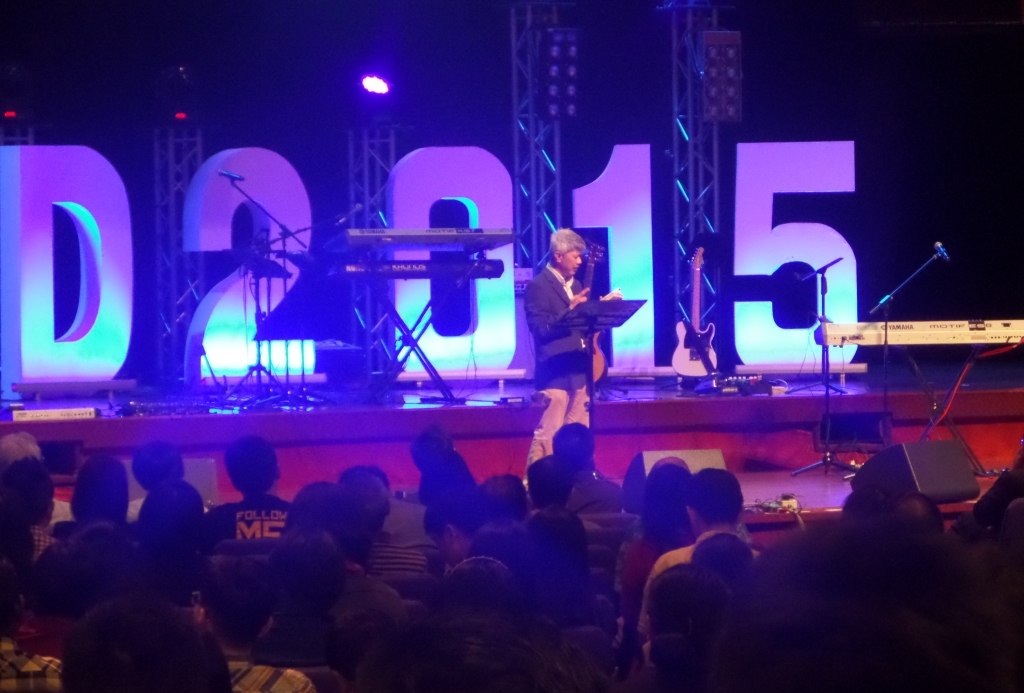
Dato Kim Tan shared many testimonies of churches throughout history, and many from today that has returned to the Jubilee Gospel and made a great impact in changing the spiritual atmosphere and cultural landscape of their society.
|Share The Good News|
– Jason Law




Leave a Reply